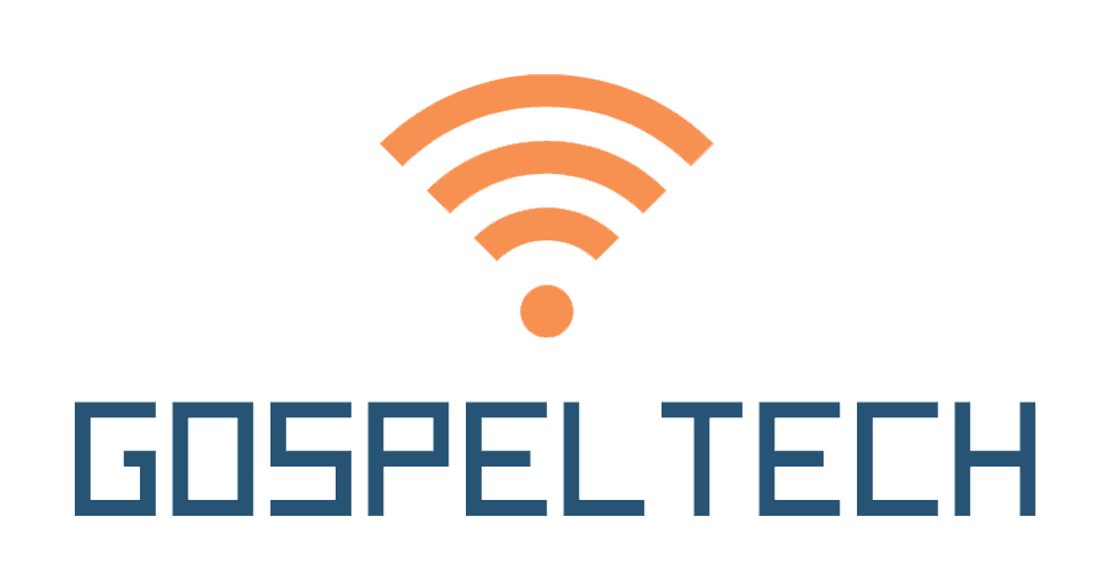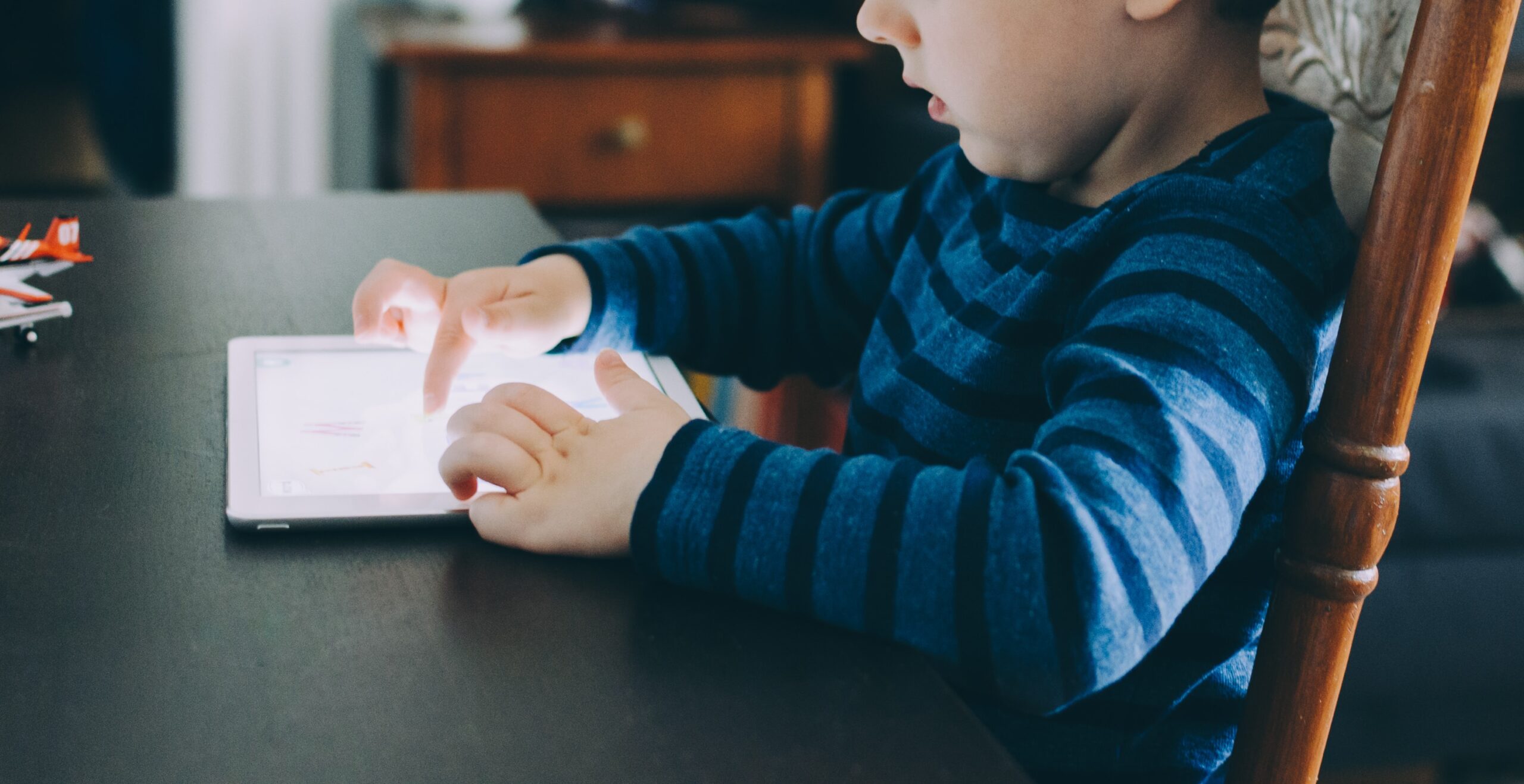We live in a world that’s always on, and we’re expected to be available at all times. The perks of being unavailable, however, are plentiful. Moments pass so quickly with our spouses and our children that we can miss them unwittingly if we’re glued to our screens.
Before we jump into what this might look like regarding our phone habits, let’s start by looking at how Jesus models this for us.
Jesus Models Solitude
Throughout the Gospels, we see Jesus retreat and pray— before and after times of ministry, or spending time with crowds. This has always been convicting to me because if Jesus, Son of God, needs to make space to pray and be with his Father… What in the world am I doing thinking I can make it through any day on my own strength?
In Mark 10, we see this: After healing Simon’s mother-in-law, “they brought to [Jesus] all who were sick or oppressed by demons. And the whole city was gathered together at the door… And rising very early in the morning, while it was still dark, he departed and went out to a desolate place, and there he prayed.”
A big day = time in solitude.
We see it again in Luke 5: Jesus heals a leper, and suddenly the crowds gather. Jesus is stirred to compassion for the people, spends his day ministering to them, and then Luke tells us, “he would withdraw to desolate places and pray” (Luke 5:16).
The ESV Study Bible adds in the footnotes that Jesus “was regularly withdrawing and praying…the increasing crowds, the unceasing demands on Jesus’ time, and the fact that no one else could duplicate his ministry did not deter Jesus from spending extensive time in prayer.”
Often it feels like I can’t stop—if I don’t keep moving, cleaning, prepping, working, playing with the kids, then this whole house will just collapse on us all. But here, Jesus was literally doing work and ministry that NO ONE ELSE could do— and he regularly took the time to step away. As much as I’d like to tell myself that no one else can fold the laundry or prep a meal quite like me, that’s just not true.
Jesus prioritized prayer and solitude. Maybe I should too.
We are designed for time apart, time to rest and stop, and time alone with Jesus. We are called to be still, to draw near, to retreat—when we have constant input, constant stimulation from people, media, noise— it gets very hard to hear the still small voice of God.
Our Brains Are Wired to Rest
Our brains need uninterrupted time to create and work—science and research back up this biblical model. When the noise is always on and we can always be reached, we aren’t able to concentrate on the task in front of us.
In Greg McKeown’s book Essentialism, he says we must create space to escape and explore life (63). Can you remember the last time you were bored? By “abolishing any chance of being bored we have also lost the time we used to have to think and process” (68).
Jeff Weiner, the CEO of LinkedIN, schedules two hours of unscheduled time in his calendar every day. He divides them into 30-minute increments and schedules absolutely nothing. Weiner uses this time to think through the essential questions of his work and to emotionally recharge (69).
This time without any input, or even any agenda on the docket, allows us space to explore and chew through work and personal conundrums. Today, after much conviction on this very subject, I forced myself to go for a run without anything in my ear—no music, no podcast. Nothing. While the silence was uncomfortable, it also allowed me to focus on just running, and in the last two minutes, my brain was able to think through what I’d be writing today. Breakthroughs can happen when we create space for our brains to process, even if it’s subconsciously.
What Does this Actually Look Like?
For our personal and professional growth and productivity; for our spiritual, mental and emotional health; for our children to see what it looks like to put tech in its proper place—we need to regularly be unavailable. This seems especially relevant for a whole crop of youth who are having to figure out how to stay connected with friends they can’t see while they continue in modified school schedules.
Part of enjoying these perks of unavailability involves training our people that we might not respond immediately to every text, tweet, or call. If we’ve spent the last ten years responding right away, friends and family might be put off or even offended when we suddenly go an hour— let alone a whole day—without responding.
Step one? Let your key people know you’re making some changes. For example, we’ve deemed Sundays tech-free days in our home. Our best friends and family know that if they want to get ahold of us, they’ll have to literally drive to our home and knock on the door like it’s 1992. (But, if it’s an actual emergency, these key player’s phones are set to ring through, even when our phones are set on silent. So if Grandma calls an SOS, we know about it. But Instagram and YouTube and a phone call from the vet can wait til Monday.)
Another trick we’ve found success with is leaving our phones out of sight. There is a great amount of research indicating that merely knowing our phones are in the room with us—even when tucked in a purse or backpack—disrupts our focus. Our brains are constantly wondering “But what if something’s happening?” To counter this, leave the phone upstairs, in a different room, or completely powered down when you want to make yourself unavailable. An hour or two without the pecking and wondering can reset your brain, and get you back to a place where you are in control of those alerts—not the other way around.
Make Time For Rest
Our brains and bodies were not made for the constant stimulation they receive in our modern world. We must make room for silence. Our imaginations will be rewired, our anxiety and depression will decrease as we meditate on the word of God, and we will re-train our minds to focus on the task at hand (Jennie Allen, Get Out of Your Head).
What will it look like for you to make yourself unavailable this week? How will you carve out time personally and professionally to meet with God and to create space for your brain to rest and think?






0 Comments